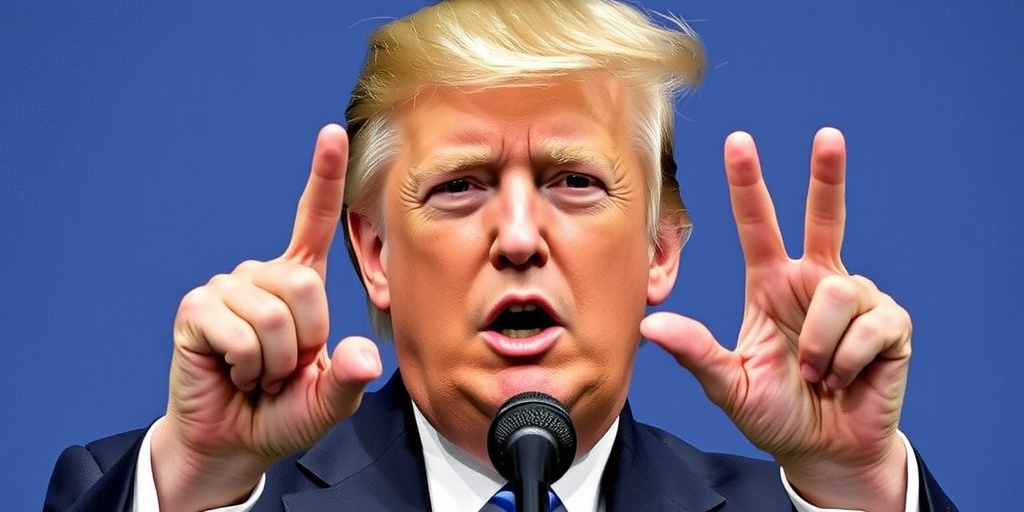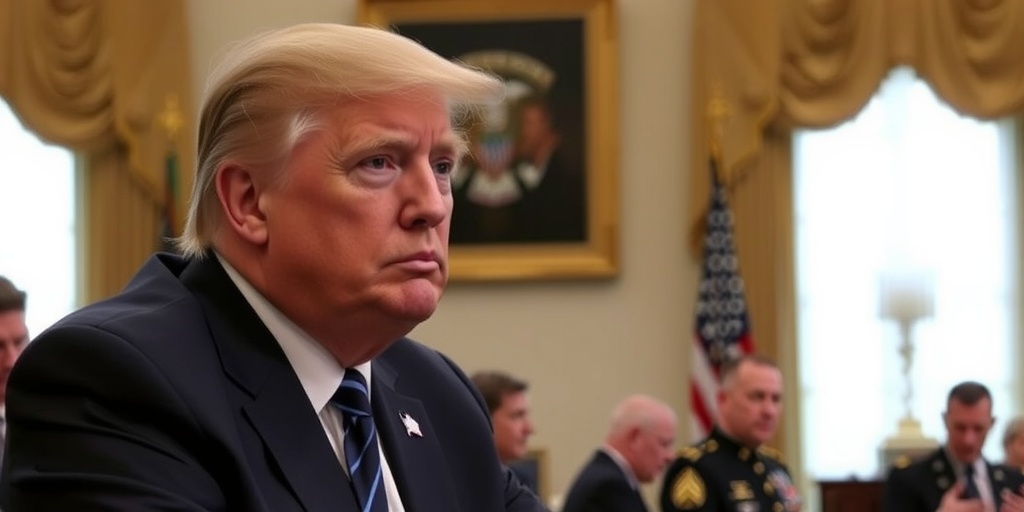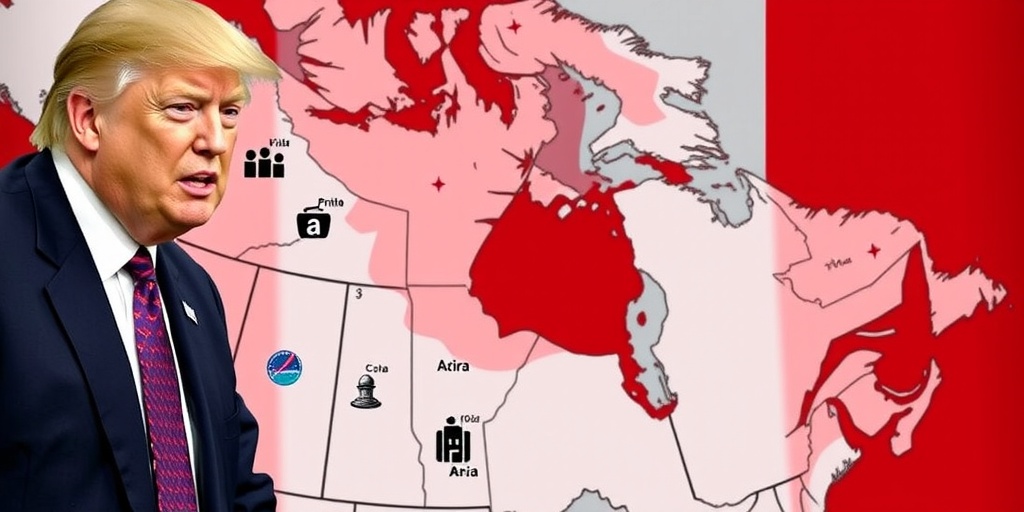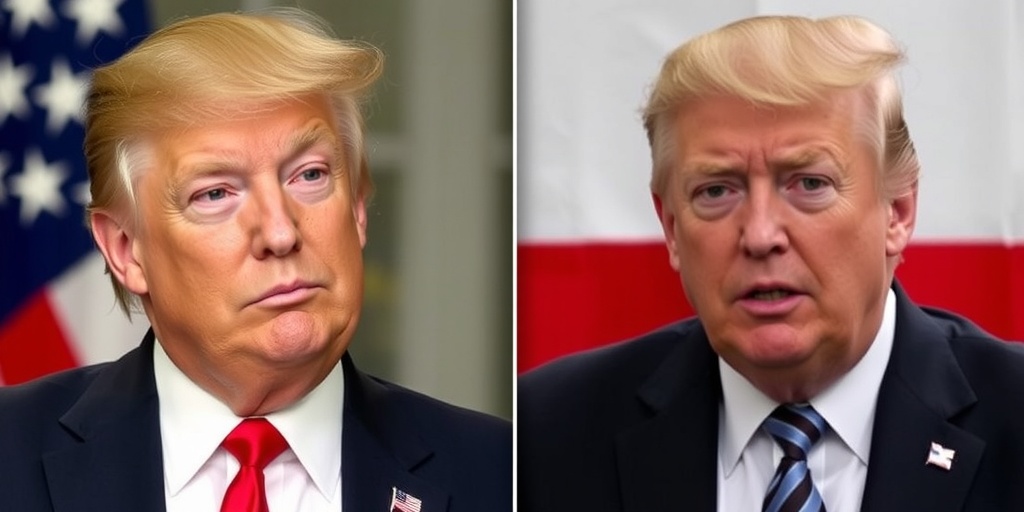Now Reading: Trump Cuts Funding for Future Scientists and Public Health Leaders
-
01
Trump Cuts Funding for Future Scientists and Public Health Leaders
Trump Cuts Funding for Future Scientists and Public Health Leaders
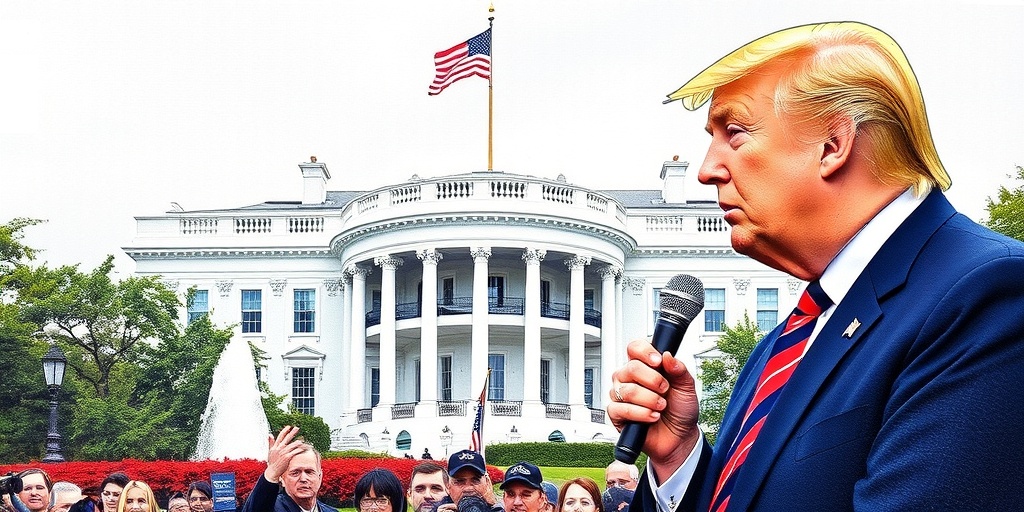
Federal Health Agencies Face Massive Staff Cuts Amid Public Health Concerns
In a shocking weekend of dismissals, numerous federal scientists, doctors, and public health professionals received notices stating their services were no longer required. At the National Institutes of Health (NIH), one of the leading biomedical research agencies in the United States, around 1,200 workers, including several promising researchers, have been let go. The mass firings also struck significant programs at the Centers for Disease Control and Prevention (CDC), including vital training initiatives designed to integrate new public health graduates into local health departments, as well as to develop future Ph.D. laboratory scientists. Fortunately, the CDC’s Epidemic Intelligence Service (EIS)—the frontline “disease detectives” responsible for outbreak investigations—seemed to avoid cuts, following backlash from its alumni.
These drastic budget reductions, spearheaded by President Donald Trump’s plan to streamline the federal workforce, are particularly disconcerting given their timing amidst the ongoing ramifications of the coronavirus pandemic—the gravest public health emergency in a century. Public health experts have warned that such layoffs could exacerbate existing shortages of health personnel, potentially jeopardizing American lives if another health crisis were to arise.
While there may be a low current risk to Americans from a lethal strain of bird flu currently being monitored by public health officials, it recently claimed its first U.S. victim in Louisiana, raising concerns about the vulnerability of the nation’s health infrastructure. In response to criticism over the EIS layoffs, Elon Musk, who is allegedly overseeing aspects of the workforce reductions, claimed through social media that the agency was “not canceled.”
The cuts have also disrupted leadership development across various federal health entities including the CDC, NIH, and the Food and Drug Administration (FDA). Dr. David Fleming, chairman of an advisory committee to the CDC’s director, voiced his concerns about firing new talent that had been painstakingly recruited and nurtured. "It seems like a very destructive strategy," he remarked, suggesting that the future of public health might be at risk.
Following the uproar over these dismissals, eight officials who previously led health agencies under President Joe Biden Jr. jointly condemned the cuts. They emphasized the critical nature of the initiatives that rely on these public servants, stressing that these individuals “are not numbers on a spreadsheet” and deserve appreciation rather than termination.
Graduate students pursuing careers in public health find themselves anxious and uncertain following these cutbacks. Dr. Michael T. Osterholm, director of the Center for Infectious Disease Research and Policy at the University of Minnesota, expressed his concern for around 42 students he had lectured to, unsure of their prospects in a shrinking job market.
The Health and Human Services Department defended the layoffs, citing adherence to the administration’s broader directive to reorganize and simplify federal operations. Andrew Nixon, a spokesperson for the department, asserted that these actions were taken to ensure HHS could “better serve the American people at the highest and most efficient standard.” The cuts predominantly targeted probationary employees with less than a year of experience.
Notably, Robert F. Kennedy Jr., a vocal vaccine skeptic and newly confirmed health secretary, has indicated intentions to further reduce staff numbers. Concerns are mounting that he may request the resignations of senior employees. Kennedy’s remarks about streamlining operations in federal health agencies, including suggestions for substantial job cuts at the NIH, have stirred anxiety among the workforce.
The reductions have not merely affected scientists and disease specialists; administrative roles crucial for overseeing grant proposals, healthcare analysis, and data management have also met with layoffs. Arielle Kane, who recently joined a project focusing on improving maternal health within Medicaid, was told her job was secure only to receive a termination notice hours later for alleged performance issues. “It feels extra enraging,” Kane lamented, having just received positive feedback about her work.
Furthermore, the Laboratory Leadership Service, considered an essential training program at the CDC, saw significant attrition. Of its 24 fellows, only four remained protected due to their positions in the Commissioned Corps of the U.S. Public Health Service, leaving the other 20 to face termination.
Veterans of these agencies expressed discontent over the arbitrary nature of the layoffs. Dr. Joshua M. Sharfstein, a former FDA deputy commissioner, called for a more thoughtful approach to budget reductions. He stated that specialized knowledge is crucial in many of these roles and that firing skilled workers could drastically impact public health efforts.
Dr. Fleming reiterated the challenges of attracting talent to the public sector, where potential employees often earn less than their counterparts in private industry. The terminations threaten to create a chilling effect on recruitment efforts, jeopardizing the future of health interventions.
As the federal government embarks on this significant reduction in workforce, experts warn that the long-term implications for public health could be dire. The dismantling of critical infrastructure and the loss of experienced personnel raise questions about the nation’s preparedness for future health challenges, emphasizing the need for a strategic and respectful approach to workforce management in federal health agencies.
Stay Informed With the Latest & Most Important News
Previous Post
Next Post
-
 01New technology breakthrough has everyone talking right now
01New technology breakthrough has everyone talking right now -
 02Unbelievable life hack everyone needs to try today
02Unbelievable life hack everyone needs to try today -
 03Fascinating discovery found buried deep beneath the ocean
03Fascinating discovery found buried deep beneath the ocean -
 04Man invents genius device that solves everyday problems
04Man invents genius device that solves everyday problems -
 05Shocking discovery that changes what we know forever
05Shocking discovery that changes what we know forever -
 06Internet goes wild over celebrity’s unexpected fashion choice
06Internet goes wild over celebrity’s unexpected fashion choice -
 07Rare animal sighting stuns scientists and wildlife lovers
07Rare animal sighting stuns scientists and wildlife lovers













